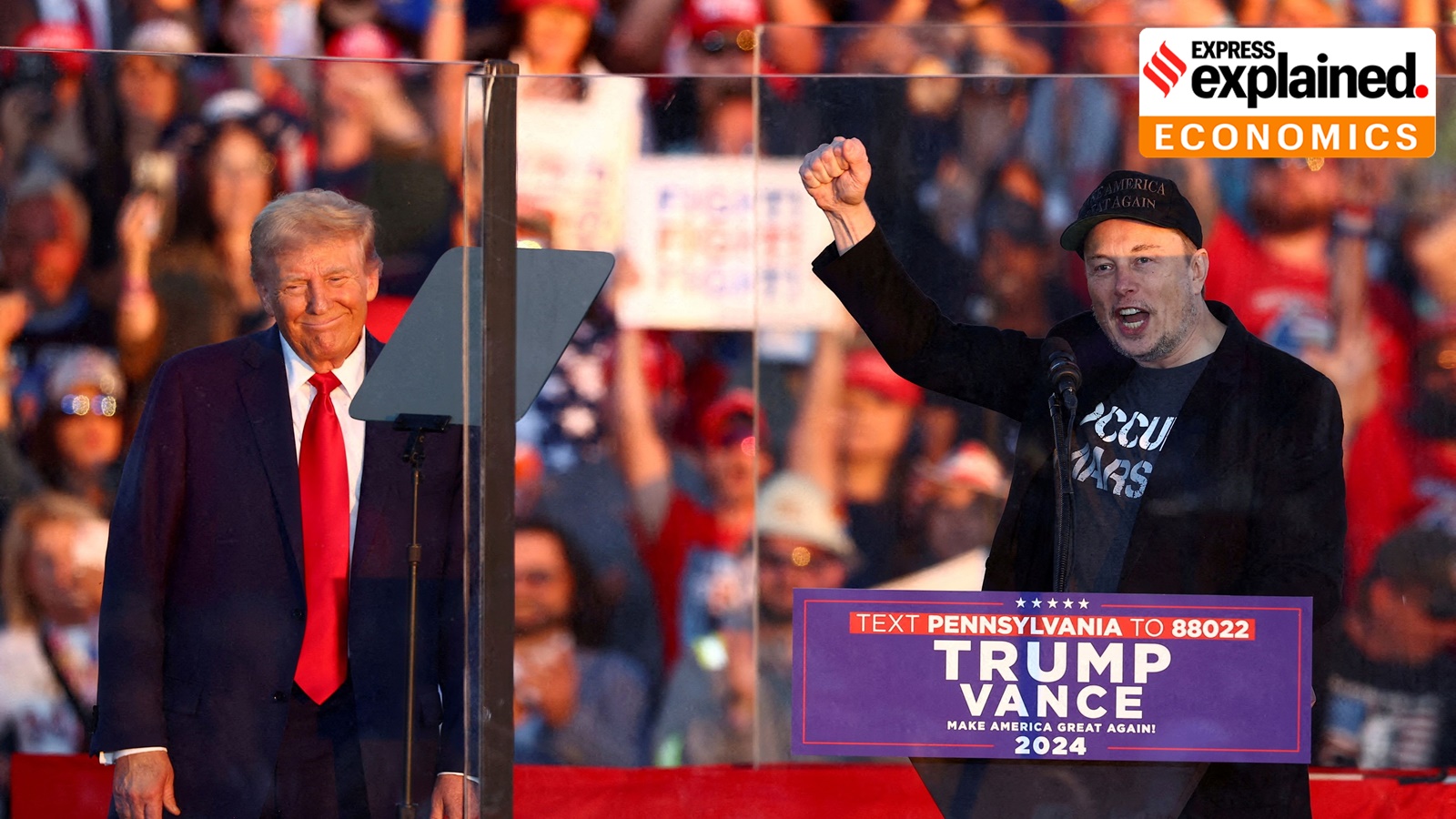 |
|
The appointment of Elon Musk, the world's richest man, to lead a new Department of Government Efficiency dubbed 'Doge' by President-elect Donald Trump, throws into stark relief the complex and contradictory nature of their relationship. While Musk was a vocal supporter and major contributor to Trump's reelection campaign, the two figures hold vastly different stances on crucial issues, raising questions about the viability of this partnership. This article delves into the intricate web of contradictions that define their relationship, examining key areas of potential conflict and highlighting the inherent tension that will likely characterize their collaboration.
One of the most glaring contradictions lies in their divergent approaches to China. Trump has been increasingly assertive in his China policy, assembling an administration filled with individuals known for their hawkish views on Beijing. This signifies a potential shift towards a more confrontational approach on issues like trade and national security. Conversely, Musk has cultivated a surprisingly amicable relationship with Chinese officials, particularly after establishing Tesla as China's first fully foreign-owned automaker in 2018. China's significance for Tesla cannot be overstated. The country is Tesla's second-largest market and the Gigafactory in Shanghai, the company's largest production center, commenced operations in 2020. Musk's reliance on the Chinese market creates a potential point of friction should relations between the US and China deteriorate, potentially impacting Tesla's operations significantly.
Beyond China, divergences also emerge in their economic philosophies. While Musk was a staunch advocate for Trump's candidacy, he has expressed skepticism about the fundamental tenets of Trump's economic agenda. Trump's economic plan includes mass deportations of undocumented immigrants, renewed tax cuts, tariff hikes on imports, and a range of tax adjustments. Musk has voiced reservations about this plan, suggesting that it might trigger an economic downturn. Furthermore, Musk's past illegal immigration history as a young entrepreneur, documented by the Washington Post, adds another layer of complexity to their partnership. This past could potentially be a point of contention as Trump has made combating illegal immigration a cornerstone of his political agenda.
A further point of friction lies in their contrasting views on climate change and the electric vehicle (EV) industry. Trump has repeatedly ridiculed EVs, criticizing their range, cost, and manufacturing in China. He has consistently supported internal combustion engine car manufacturers, particularly the Detroit Big Three (GM, Ford, and Chrysler), and has pledged to eliminate federal support for EVs. This stance directly challenges Musk's core business and financial interests. As the founder of Tesla, Musk's wealth is heavily tied to the company's success and its EV-centric business model. Any reduction in federal subsidies could significantly impact Tesla's future, especially as EV sales face a temporary slowdown.
Musk's Starlink satellite internet service, which provides a crucial communications lifeline for Ukraine's military in its conflict with Russia, further complicates their relationship. Trump has displayed a perceived affinity for Russian President Vladimir Putin, potentially leading to a conflict of interest for Musk, who relies on US government contracts for SpaceX, the company operating Starlink. SpaceX's dependence on US government funding for NASA and the Pentagon, along with its global network of terrestrial relay stations, creates a delicate diplomatic tightrope for Musk to navigate. This tightrope walk requires him to balance the commercial interests of Starlink and SpaceX with the geopolitical complexities of their operations.
Finally, Musk's reputation for firing employees across his companies clashes with Trump's attempts to cultivate a pro-worker image. Trump has garnered support from union leaders by campaigning against mass layoffs and portraying himself as a champion of American labor. Musk's impulsive firing practices, including incidents at SpaceX, Tesla, and Twitter, contradict this image, potentially jeopardizing Trump's labor-friendly narrative. These contrasting approaches to employee management add another layer of dissonance to their relationship.
The appointment of Elon Musk to lead the 'Doge' department highlights the intricate and potentially volatile nature of the Trump-Musk partnership. The pair's divergent stances on critical issues like China, climate change, and labor rights, combined with Musk's reliance on government contracts, create a tapestry of contradictions that will likely shape their interactions. The upcoming challenges and conflicts are sure to be numerous, adding an element of uncertainty to their collaboration.
Source: As Trump entrusts Elon Musk to lead ‘DOGE’, the many contradictions in their relationship
